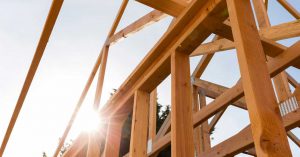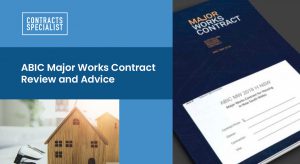In the construction industry, builders and owners enter into contracts that set out the terms and conditions of the work to be done. However, during the course of a project, it is common for changes to be made to the original scope of work. These changes are known as Contract Variations, or simply, variations.
In most cases, a contract variation need to be documented and signed by both parties before the builder can proceed with the additional work. But what happens when these variations are not signed and accepted by owners?
This article explores the legal principle of quantum meruit and how it applies to recovering costs for variations not signed by owners. By the end of this article, you will have a better understanding of how quantum meruit works in the context of construction contracts, and how builders can recover costs for variations that have not been signed and accepted by owners.













